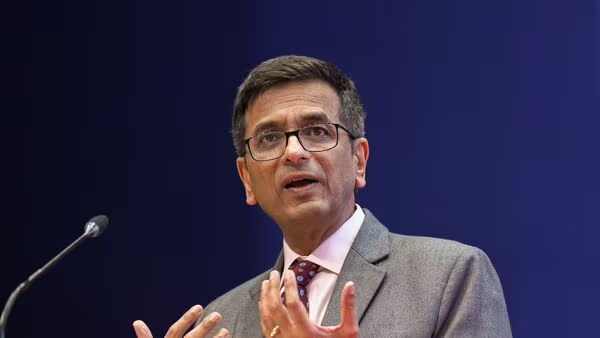New Delhi: Former Chief Justice of India D.Y. Chandrachud has triggered fresh controversy by calling the construction of the Babri Masjid in the 16th century “a fundamental act of desecration.” His remarks, made in a recent interview to Newslaundry, stand in sharp contrast to the 2019 Supreme Court judgment on Ayodhya that he co-authored.
In the 2019 verdict, the five-judge bench allowed the building of a Ram temple at the disputed site but stressed that the Archaeological Survey of India’s report could not serve as a legal foundation for land ownership. The bench noted that while a 12th-century structure was found beneath the mosque, no evidence showed it was demolished to construct the Babri Masjid. The judgment also underlined the absence of proof for events between the 12th and 16th centuries, making it legally impossible to link the two structures.
Chandrachud, however, told journalist Sreenivasan Jain that the ASI report served as evidence of history and questioned critics for ignoring it. Responding to claims that Hindus had engaged in illegal desecration of the mosque’s inner courtyard, he countered, “What about the fundamental act of desecration, the very erection of the Mosque?”
He added that the Supreme Court’s decision was based on legal standards of possession and evidence. Yet his remarks diverge from the judgment’s own words, which clearly rejected the use of archaeological findings as a basis for determining title. His shift in tone has sparked sharp debate, raising questions about consistency in judicial reasoning and eroding confidence in his earlier role.




